Why Can't We Talk About Miscarriage?
My loss urged me to open up—and I don't care if you don't like it.


When you're pregnant, people feel entitled, suddenly, to make all kinds of inappropriate remarks about your body. "Wow, you're huge!" Thanks, I hadn't noticed. "What's your birthing plan?" None of your business. "How long are you planning to breastfeed?" Please explain why you need to know this. "Are you going to deliver vaginally?" Uh, that's my vagina you're bringing up on the street.
But for all their brazenness when you're pregnant—when literally every question seems like fair game—miscarriage is the ultimate taboo. No one wants to talk about it, not even when faced with the fact that as many as 30% of known pregnancies end that way. Not even when you're the one who had it. Not even when you're seeking solace.
My husband and I got married when I was 22, and we had our first daughter was I was just 24. We knew we wanted several children, and didn't want to wait. So when Ryanne was a year old, we started trying again.
Nothing happened for a few months, which is kind of odd for two healthy 25-year-olds. Then, after half a year, we found out I'd gotten pregnant. We were elated—and relieved.
But seven weeks later, I miscarried. I had horrible cramps and heavy bleeding, and when I went for an ultrasound, the doctors told me my uterus was empty.
We were crushed, as were the select few family members and friends we had told.
When I went for an ultrasound, the doctors told me my uterus was empty.
Steffi Aspero
Since the vast majority of people in our lives didn't know what had happened, a whole new series of well-intentioned-but-painful exhortations began. "Aren't you going to try again?" "You have to give your daughter someone to hang out with!" "When will you have another one?"
Stay In The Know
Get exclusive access to fashion and beauty trends, hot-off-the-press celebrity news, and more.
I tried to be gracious and just reply, "InshaAllah." If God wills it. It would be impolite, I thought at the time, to tell them anything else—to describe being bent over, crying in pain as I lost my child. It would be vulgar to explain that maintaining a sex schedule trying to conceive again was sucking the romance from my marriage.
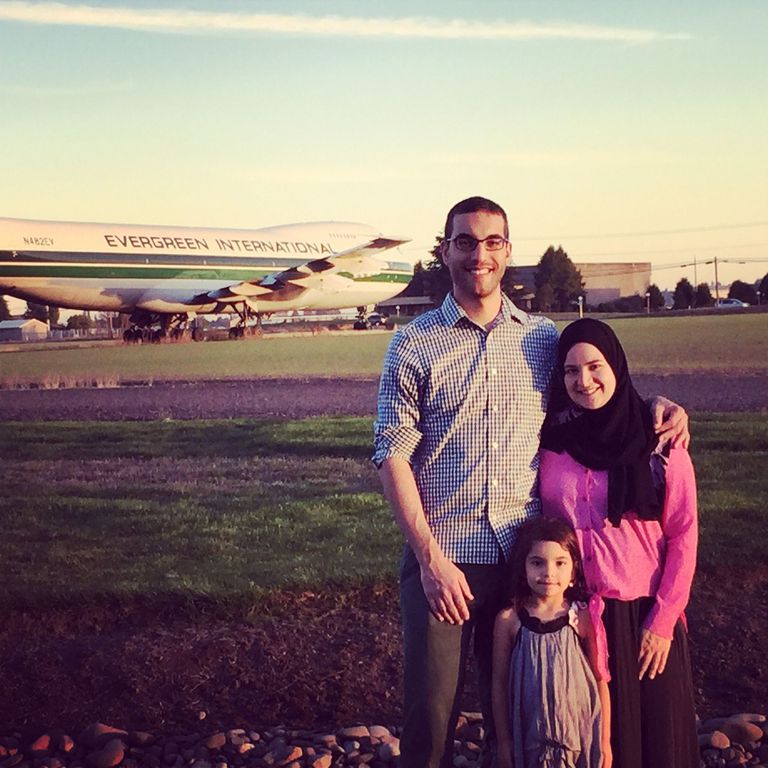
A miscarriage is a death, particularly if your religious belief is, like mine, that life begins at conception. And the simple truth is that death is awkward. So huge and terrifying and confusing that it renders people silent. They worry so much about the right thing to say that sometimes they say nothing at all.
Who are we protecting when we keep the secret even from friends?
Steffi Aspero
In the months after my miscarriage and the years of fertility struggles that followed (I'm happy to report that we've since had two beautiful twins), I wish I had had the patience and candor—the guts—to just tell people what was going on. To advocate on behalf of myself, my body, the millions of women like me. Who are we protecting when we keep the secret even from friends?
And why, for that matter, is it taboo to tell anyone we're pregnant before the three-month mark? If you tell someone you're expecting at just six weeks and then lose the baby, won't you want their support? Wouldn't getting through the pain be a little bit easier if the people you love were aware?
Women's bodies seem to be up for discussion every day in this country—whether for making our own reproductive choices or breastfeeding our babies in public or not hiding the fact that we have periods. The women who fight these fights are sometimes seen as inspirations, but it shouldn't have to be inspiring for a woman to acknowledge her body doing precisely what it was meant to do. It should be normal.
Keeping our health problems secret means they stay mysterious, shameful,and misunderstood. So let's keep talking. Even about the hard stuff. That's the only way to make it easier.
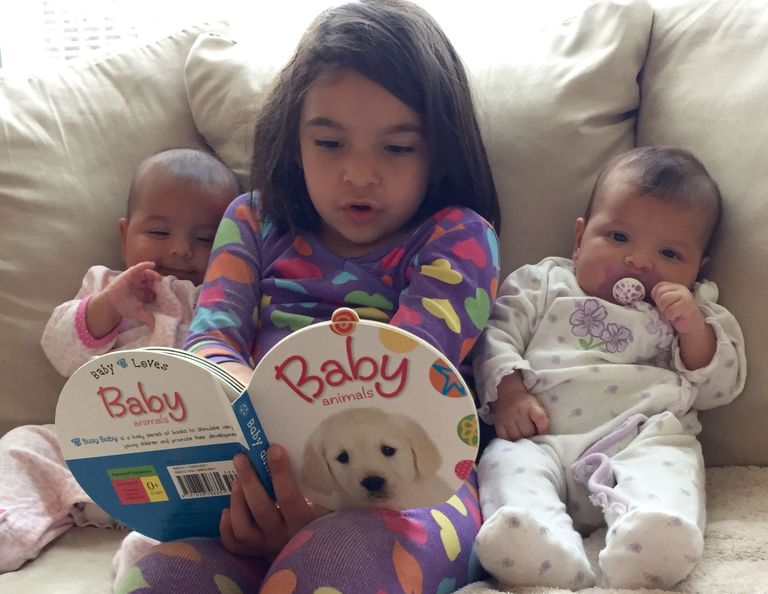
-
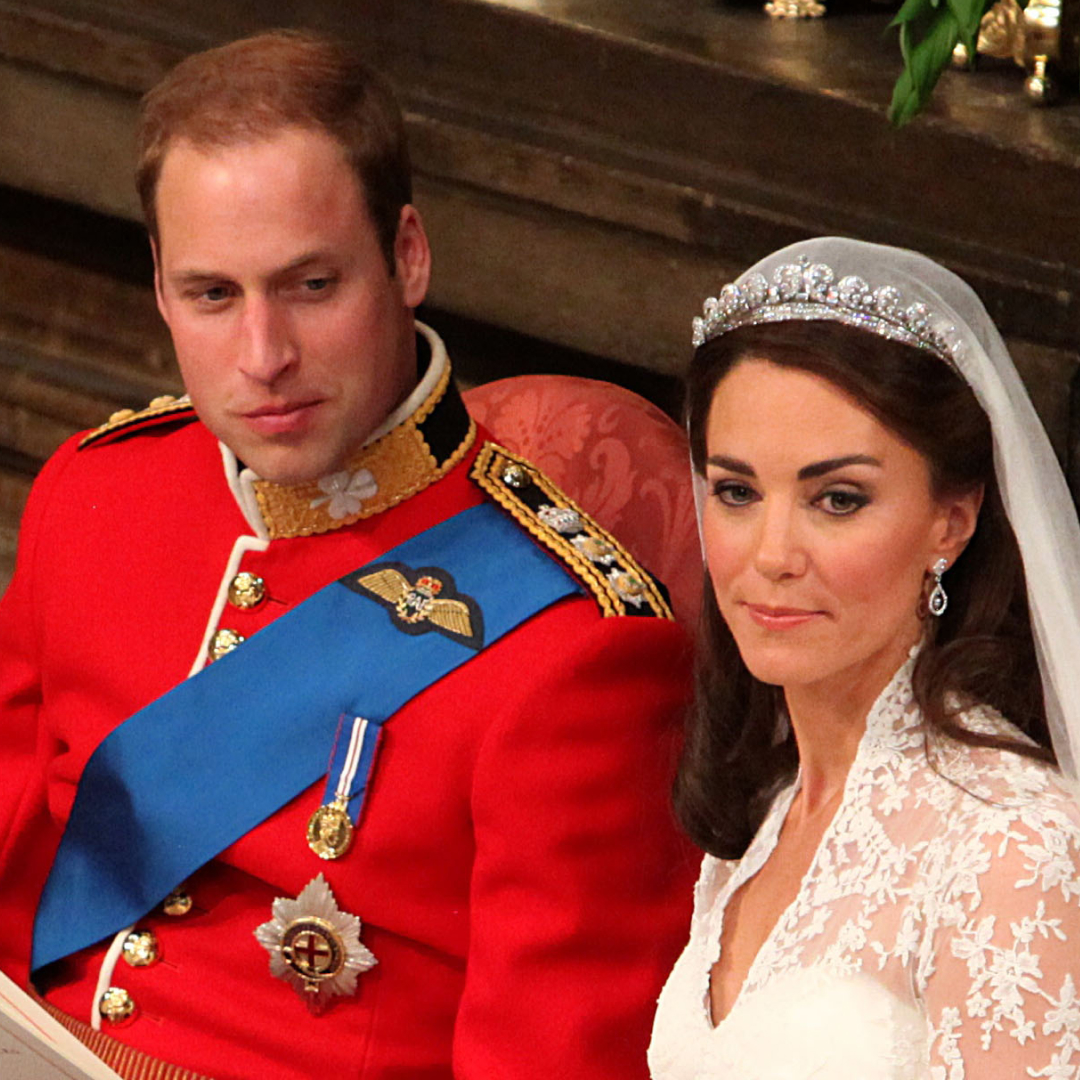 Why Prince William's Exes Attended His Wedding to Kate Middleton
Why Prince William's Exes Attended His Wedding to Kate MiddletonThe exes were invited "due to a more peculiar upper class British tradition."
By Amy Mackelden
-
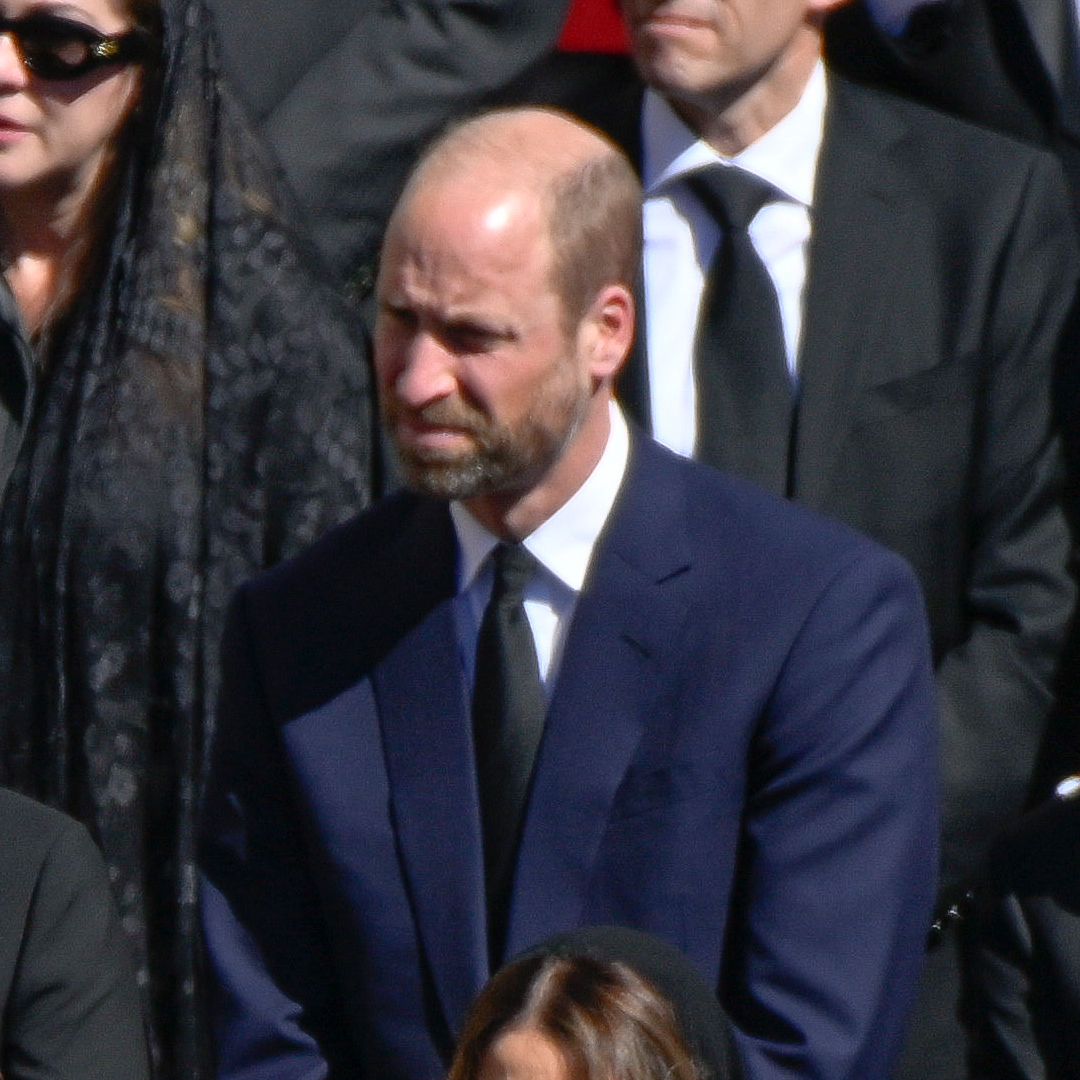 Why Prince William "Stepped in" for King Charles at the Pope's Funeral
Why Prince William "Stepped in" for King Charles at the Pope's FuneralThe seating plan was described as a "master plan" of "big egos."
By Amy Mackelden
-
 A Vintage Fendi Baguette Is Bella Hadid's Plus-One
A Vintage Fendi Baguette Is Bella Hadid's Plus-OneThe model paired her skintight capri jumpsuit with pointed-toe heels.
By Amy Mackelden
-
 Senator Klobuchar: "Early Detection Saves Lives. It Saved Mine"
Senator Klobuchar: "Early Detection Saves Lives. It Saved Mine"Senator and breast cancer survivor Amy Klobuchar is encouraging women not to put off preventative care any longer.
By Senator Amy Klobuchar
-
 I'm an Egg Donor. Why Was It So Difficult for Me to Tell People That?
I'm an Egg Donor. Why Was It So Difficult for Me to Tell People That?Much like abortion, surrogacy, and IVF, becoming an egg donor was a reproductive choice that felt unfit for society’s standards of womanhood.
By Lauryn Chamberlain
-
 The 20 Best Probiotics to Keep Your Gut in Check
The 20 Best Probiotics to Keep Your Gut in CheckGut health = wealth.
By Julia Marzovilla
-
 Simone Biles Is Out of the Team Final at the Tokyo Olympics
Simone Biles Is Out of the Team Final at the Tokyo OlympicsShe withdrew from the event due to a medical issue, according to USA Gymnastics.
By Rachel Epstein
-
 The Truth About Thigh Gaps
The Truth About Thigh GapsWe're going to need you to stop right there.
By Kenny Thapoung
-
 The High Price of Living With Chronic Pain
The High Price of Living With Chronic PainThree women open up about how their conditions impact their bodies—and their wallets.
By Alice Oglethorpe
-
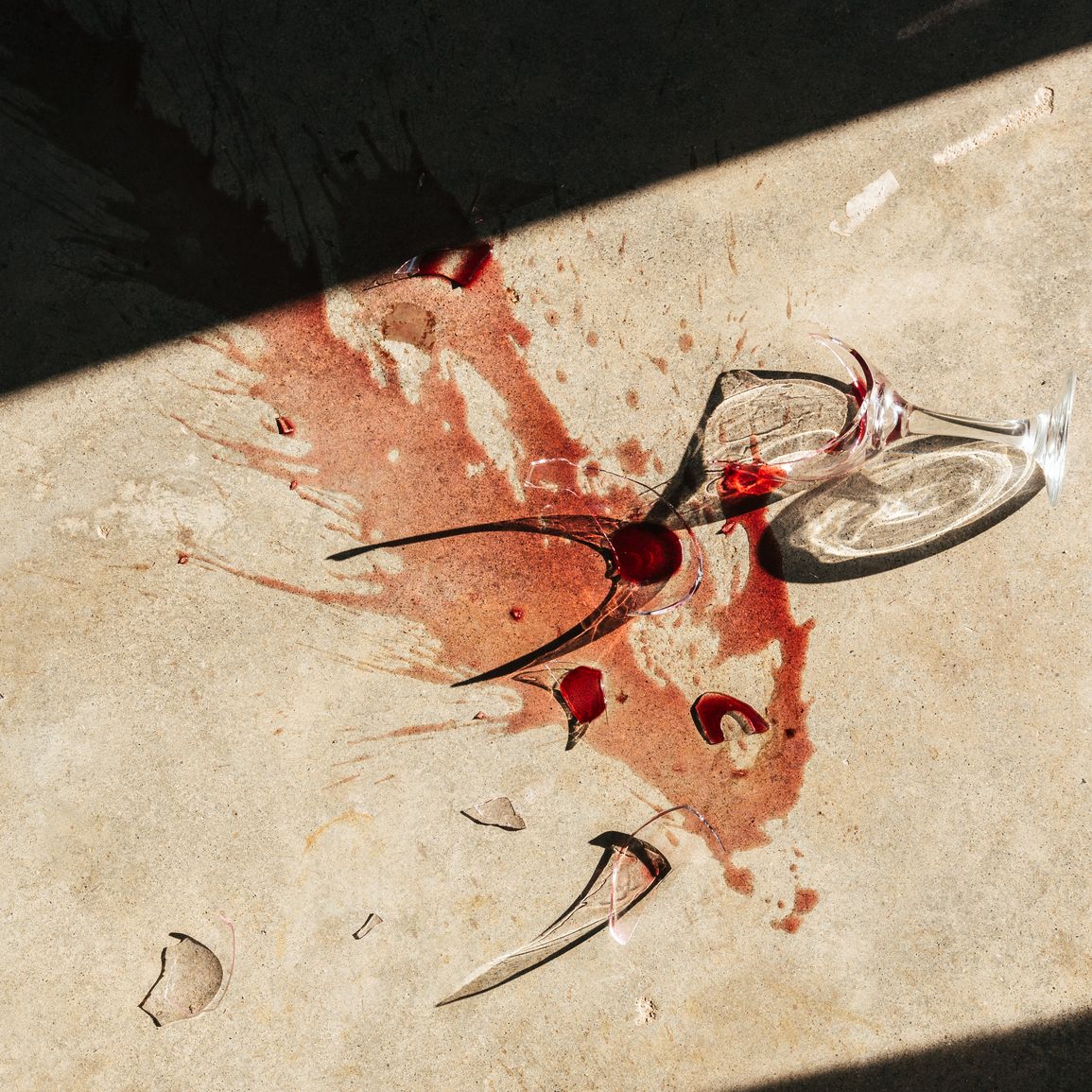 I Used to Imagine Murdering the Men I Dated
I Used to Imagine Murdering the Men I DatedFalling in love helped me finally figure out why.
By Jessica Amento
-
 60 Workout Apps for Women Who Want Results (Without a Gym Membership)
60 Workout Apps for Women Who Want Results (Without a Gym Membership)Buying Guide Easy fitness plans you can follow without fear of judgment.
By Bianca Rodriguez